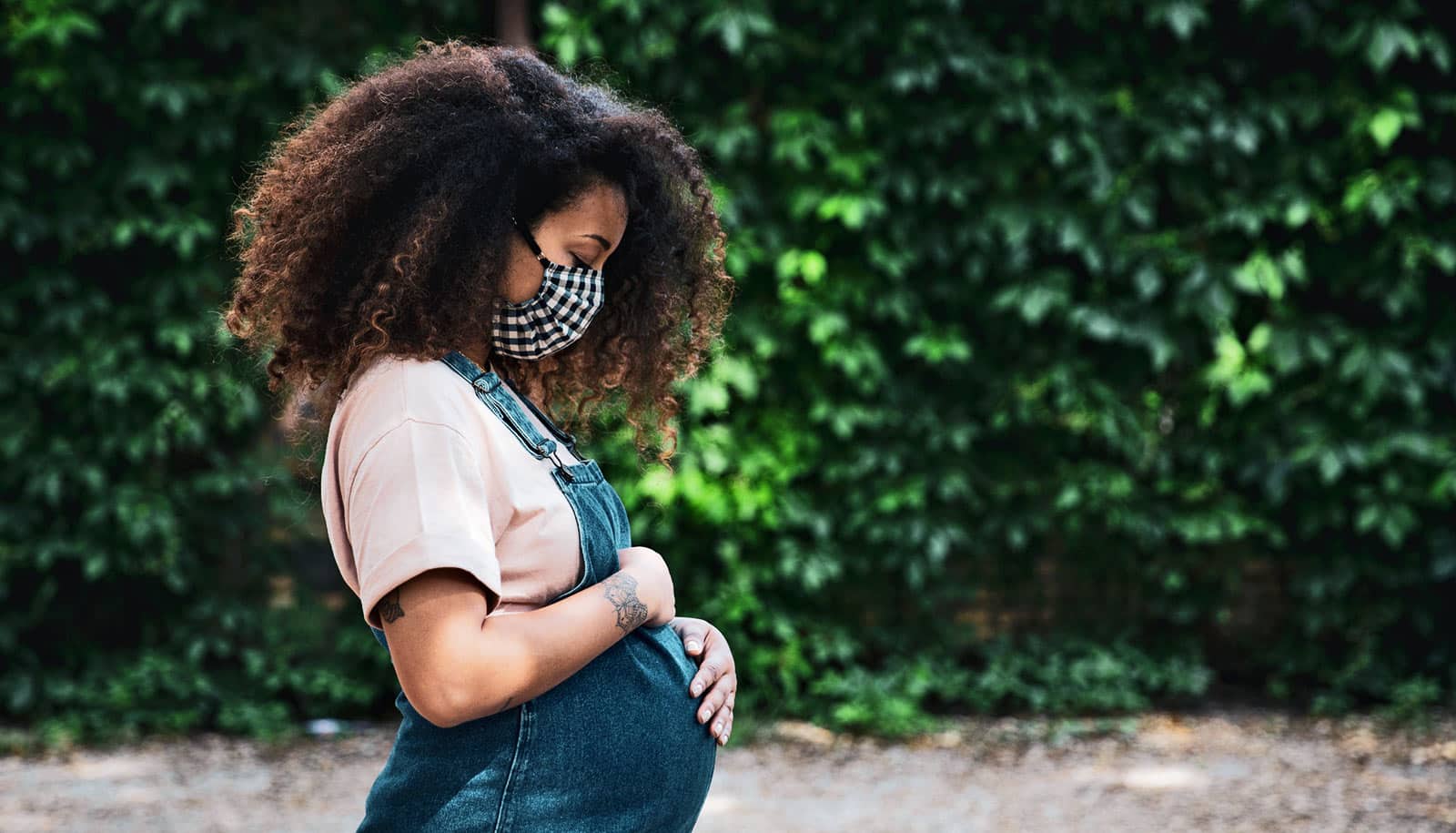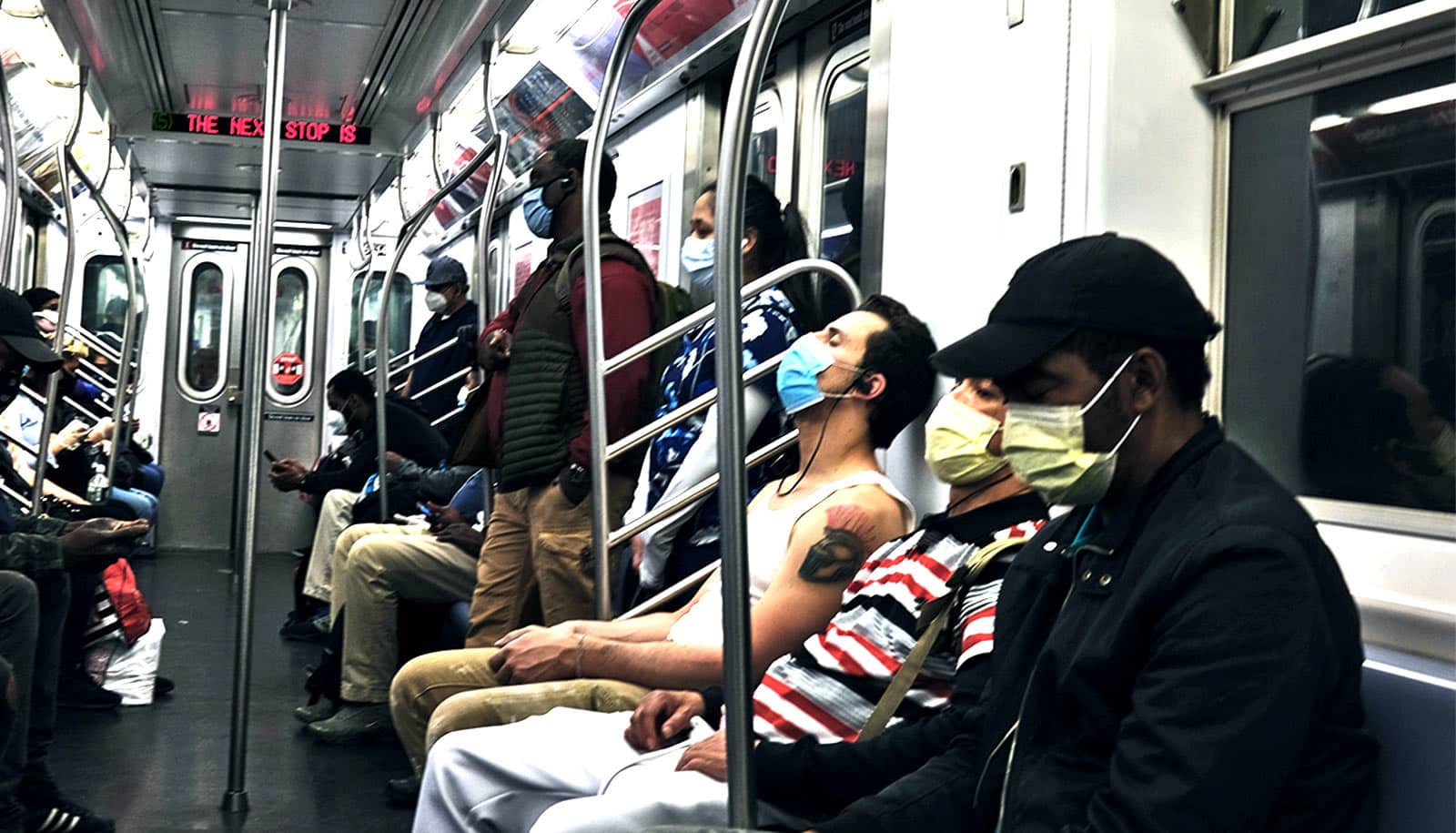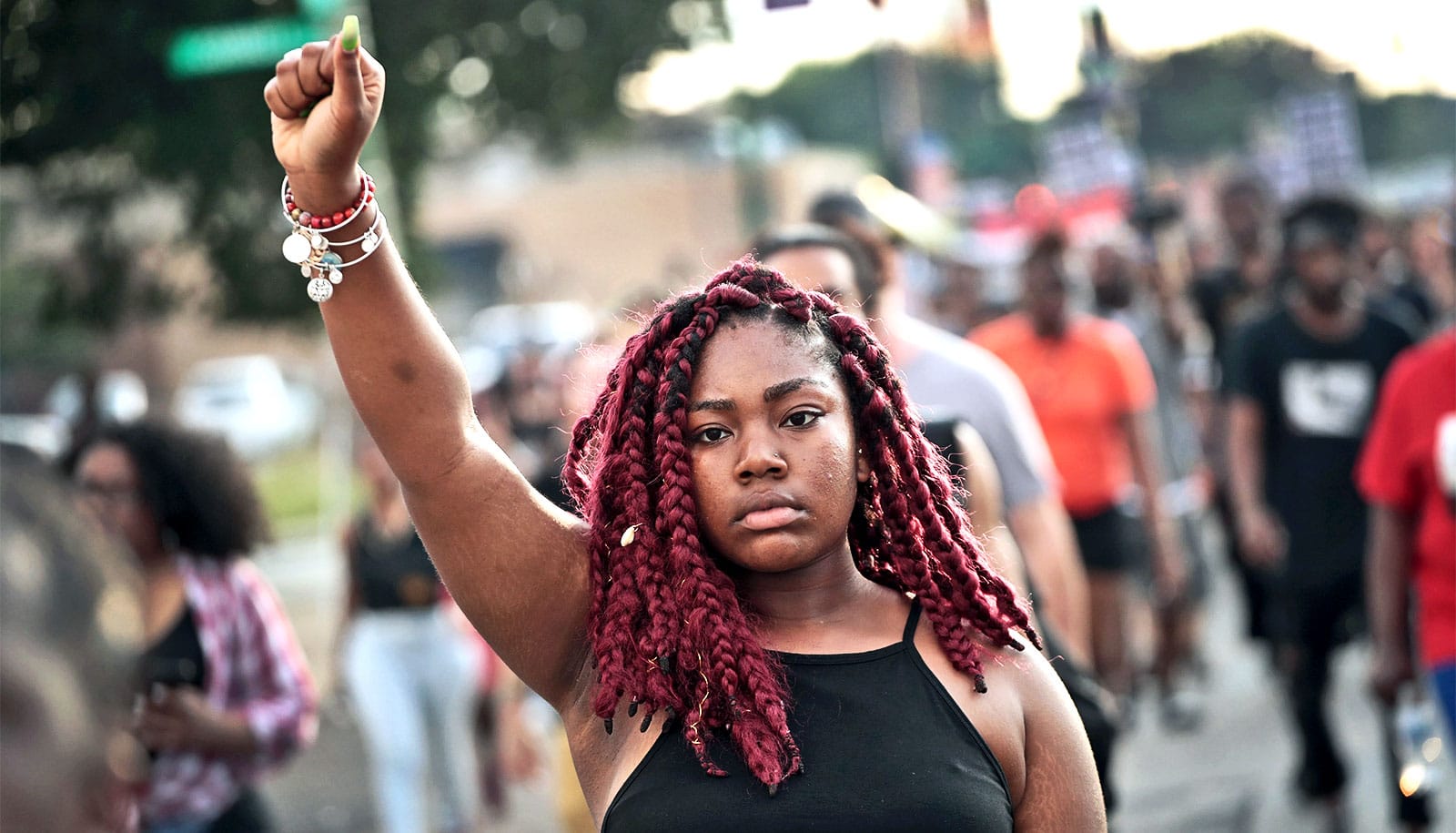Black and Hispanic pregnant women in Philadelphia are five times as likely as white and Asian women to have been exposed to the novel coronavirus, according to a new study.
“Pregnant women are fairly representative of community exposure, and these data provide more evidence, on top of what we already know with COVID-19, that health and socio-economic equity are inextricably linked,” says study co-leader Scott Hensley, associate professor of microbiology in the Perelman School of Medicine at the University of Pennsylvania.
“Hopefully, this will help lead to policies that address these inequities.”
The research team measured levels of SARS-CoV-2 antibodies to estimate rates of exposure to the novel coronavirus in pregnant women cared for at two Philadelphia hospitals. They found that, overall, 6.2% of these women possessed antibodies to the virus, but with significant variation across racial and ethnic groups—9.7% in Black women, 10.4% in Hispanic/Latina women, 2.0% in White/Non-Hispanic women, and 0.9% in Asian women.
Researchers say these data can inform clinical practice and care for pregnant women during the coronavirus pandemic, and be used to better understand the prevalence of the virus in the community, and how socio-economic factors and inequities may affect its spread.
“Identifying the disparity in virus exposure will ideally help lead to the discovery of what is causing these differences, including factors rooted in systemic racism, and inform public health measures aimed at preventing further infections,” says study co-leader Karen Marie Puopolo, associate professor of pediatrics and neonatologist at the Children’s Hospital of Philadelphia. The study appears in Science Immunology.
As of June 2020—the time period encompassed in this study—there were 23,160 confirmed cases of COVID-19 in the city of Philadelphia, which has a population size of nearly 1.6 million people. This suggests an infection rate of approximately 1.4%, which is more than 4 times lower than the estimates based on the research team’s serological data.
Researchers analyzed 1,293 women who gave birth between April and June at Pennsylvania Hospital and the Hospital of the University of Pennsylvania, which combined represent 50% of live births during that time in Philadelphia. The research team’s serological test utilized a SARS-CoV-2 spike protein receptor binding domain antigen and a modified ELISA protocol.
Researchers used samples stored at the Penn Medicine Biobank collected from 834 people prior to the pandemic and 31 people who recovered from known COVID-19 infections to test the efficacy of their antibody test. The researchers also tested samples from 140 pregnant women collected before the pandemic. Based on these data, the overall false positive rate is ~1.0% in the serological assay used for this study.
The researchers caution that the clinical meaning of the detected antibody remains unknown. Additionally, estimates of virus prevalence need to be interpreted carefully until studies directly comparing pregnant women and the general population are completed.
Support for this work came from institutional funds from the University of Pennsylvania and the National Institutes of Health. The study also had support from Jeffrey Lurie, owner of the Philadelphia Eagles, and Philadelphia 76ers player Joel Embiid, and co-managing partners Josh Harris and David Blitzer. A coauthor has support from the Parker Institute for Cancer Immunotherapy, which supports the cancer immunology program at Penn.
Source: Penn



